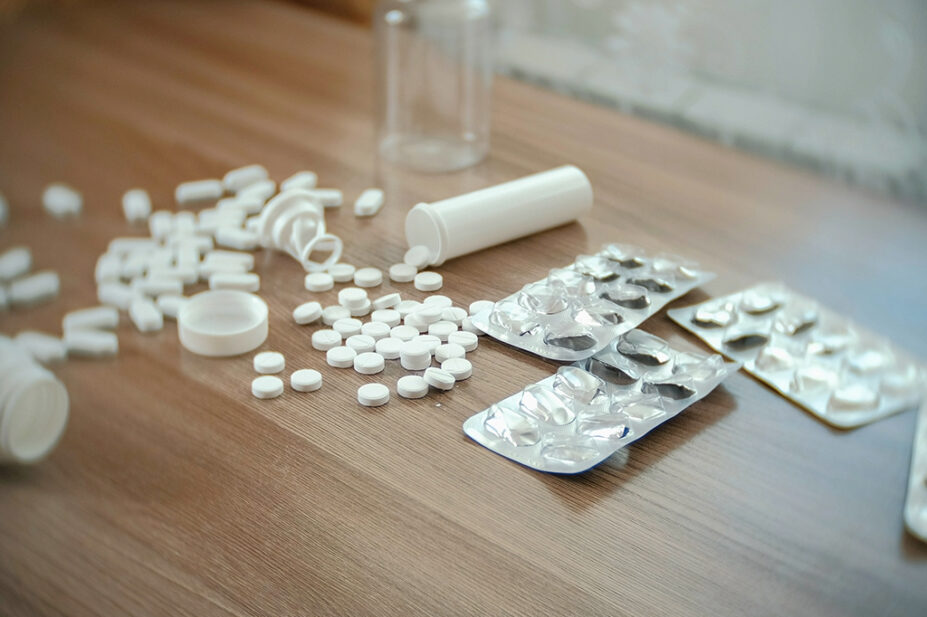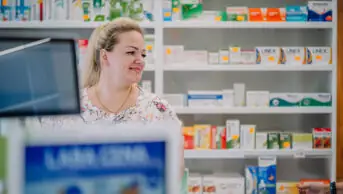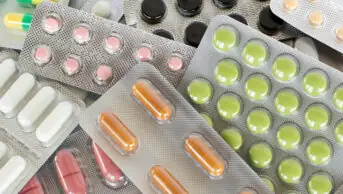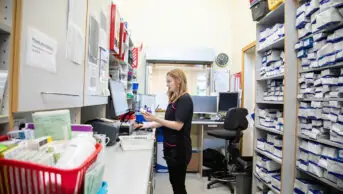
Shutterstock.com
More than 2 million doses of medicines valued at nearly £5m have been seized in 2023 so far by the Medicines and Healthcare products Regulatory Agency (MHRA) Criminal Enforcement Unit (CEU) as part of ‘Operation Pangea’, an international initiative tackling medicines crime.
It is 15 years since the MHRA launched Operation Pangea, which is coordinated by Interpol and has grown into a global operation combining resources from organisations in countries such as Canada, Germany, Ireland, Israel, New Zealand, Singapore, Switzerland and the United States, as well the World Health Organization and Interpol.
Among the products seized during 2023’s activities were several prescription-only medicines, including antidepressants, pain medication and human growth hormones.
In a press release published on 31 October 2023, Interpol described the haul as not only posing “a significant threat to consumer safety, including counterfeit medicines and medicines diverted from legal and regulated supply chains” but also “represent[ing] a major source of income for transnational organised crime groups and support[ing] other crime activity”.
Interpol also said that Operation Pangea, which took place on 3–10 October 2023, “led to 72 arrests worldwide, 325 new investigations and the closure of more than 1,300 criminal websites”.
The press release added that erectile dysfunction medicines were the most seized medicine globally, accounting for 22% of seizures during the operation.
Psychotherapeutic agents — such as antidepressants, anti-anxiety medicines and stimulants, comprised 19% of the seizures — followed by sex hormones and gastrointestinal medicines, each at 12%.
The first official Operation Pangea activities took place in November 2008 as a development of the MHRA’s Internet Day of Action, which was first run in 2006. More than 1,000 packets of unlicensed medicines were seized in the UK during that one-day operation.
Since then, 25 million illegally traded medicines and devices valued at more than £84m have been confiscated in the UK under Operation Pangea.
Andy Morling, deputy director of criminal enforcement at the MHRA, said in a statement: “The MHRA started Operation Pangea [15 years ago], combining our knowledge and resources with those of international partners to disrupt and bring to justice the criminal gangs responsible for selling medicines illegally and causing harm around the world.
“We’re proud to see how Operation Pangea has grown from a small collaboration into a powerful example of what can be achieved through partnerships working to tackle this kind of offending”.
The statement added that members of the public can report concerns about websites operating outside the legal medicines supply chain via the MHRA’s Yellow Card scheme.
Read more: ‘Pandemic of tragedy’: the deaths caused by gaps in online drug supply regulations


